Strata jest nieuniknionym elementem naszego życia, który wpływa na nas w różnorodny sposób. Doświadczenie straty to nie tylko śmierć bliskich, ale także rozłąki, rozstania, utrata romantycznych marzeń oraz akceptacja rzeczywistości. Judith Viorst w swojej klasycznej książce ukazuje, jak strata towarzyszy nam od momentu narodzin, kiedy opuszczamy ciało matki, stając się odrębną jednostką. Uświadamiamy sobie ograniczenia naszych możliwości, musimy zrezygnować z idealnych wizji relacji, a w drugiej połowie życia dostrzegamy kruchość istnienia i akceptujemy, że wszystko ma swój kres. Autorka podkreśla, że radzenie sobie z stratami może wzmocnić nas emocjonalnie i psychicznie. Zrozumienie, w jaki sposób strata kształtuje nasze życie, może być początkiem mądrej i pełnej nadziei zmiany. Judith Viorst, amerykańska pisarka i dziennikarka, jest autorką wielu bestsellerów oraz książek dla dzieci. Jej prace, w tym „To, co musimy utracić”, zdobyły uznanie i utrzymywały się na liście bestsellerów „The New York Timesa”.
Judith Viorst Book order (chronological)
Judith Viorst's literary contributions span both children's and adult fiction and non-fiction. Her writing often delves into the complex emotional and psychological landscapes of human experience. Through her works, Viorst explores themes such as loss, control, and the search for meaning in everyday life. Her poetic style and insightful perspective on the human psyche make her writings timeless and resonant with readers across generations.

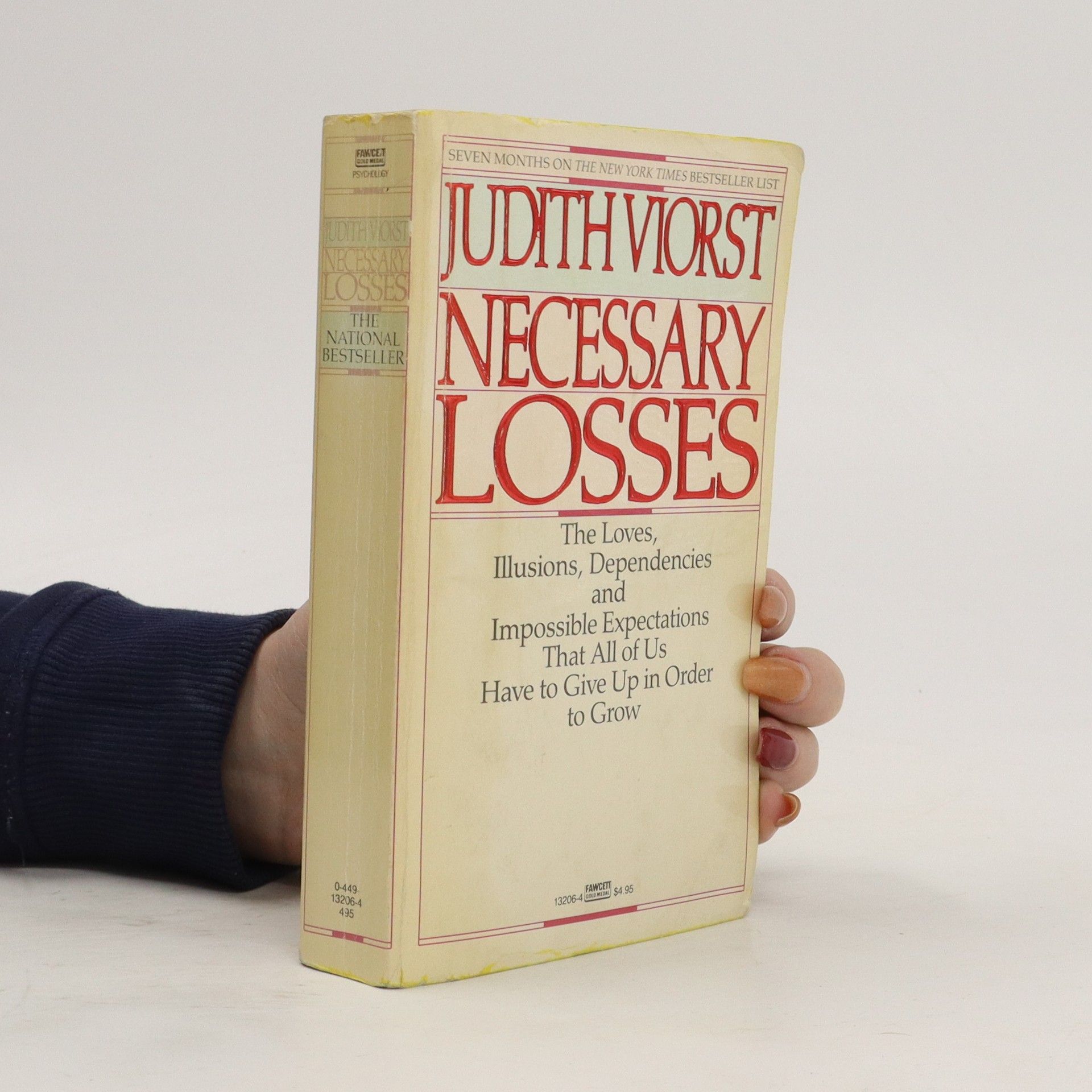
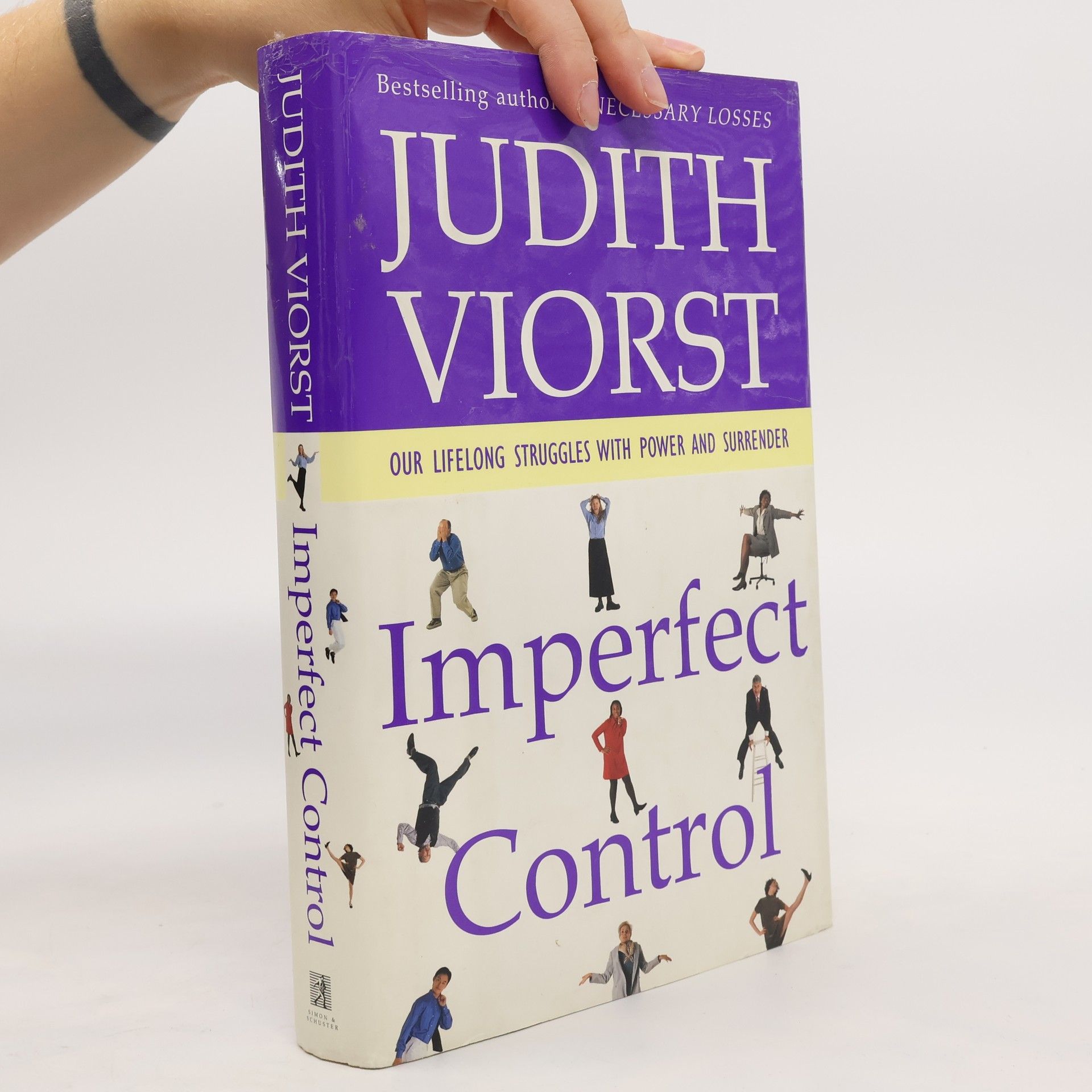
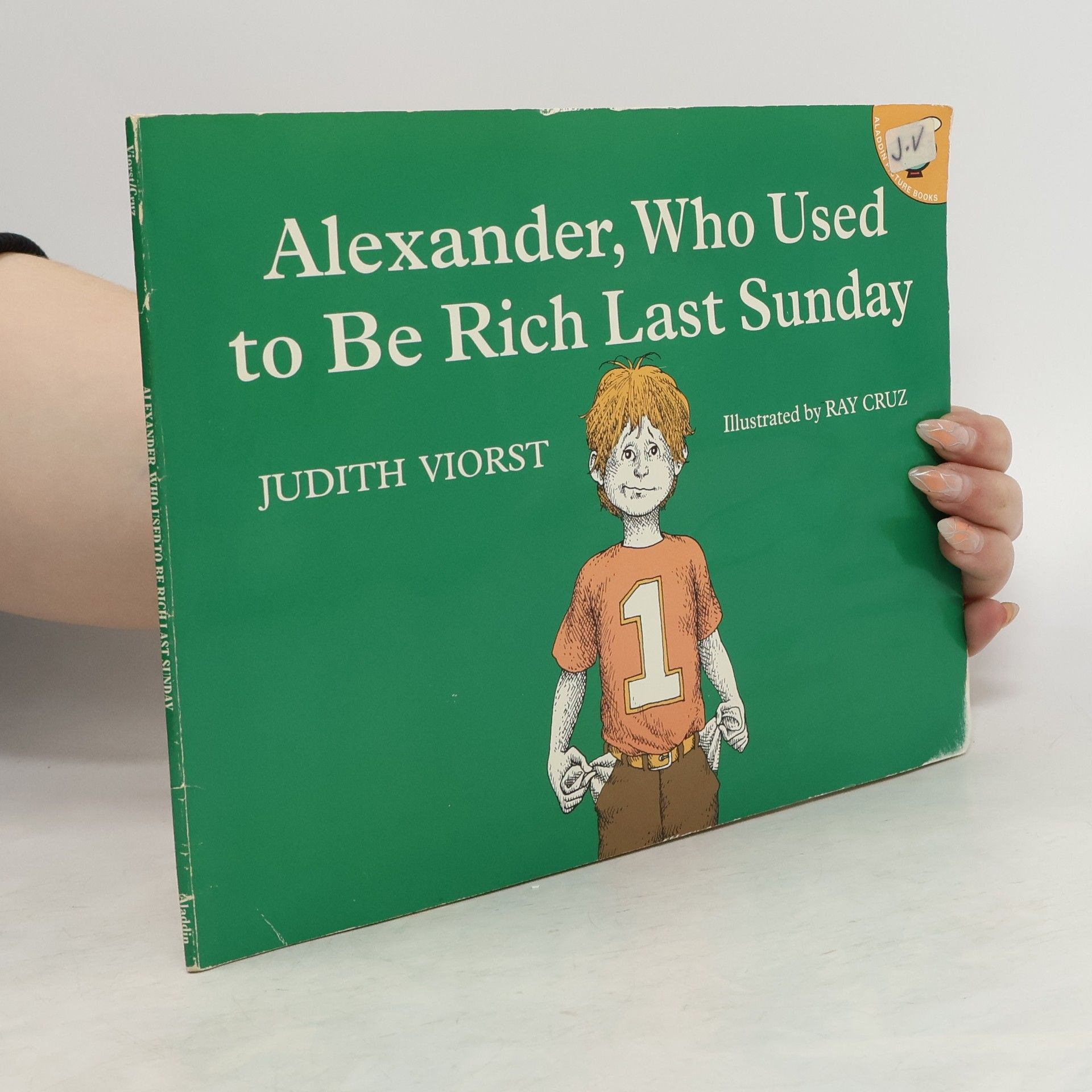
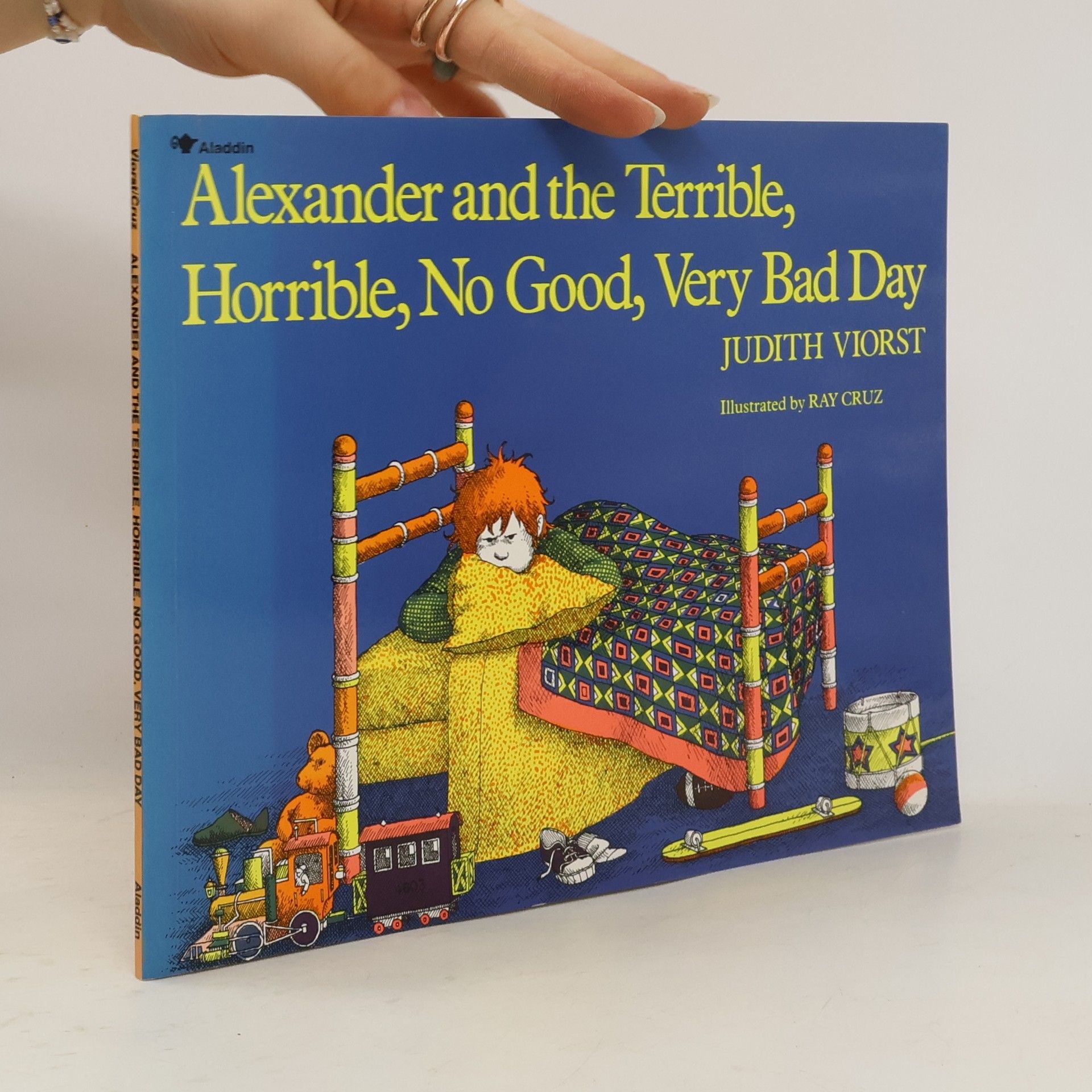

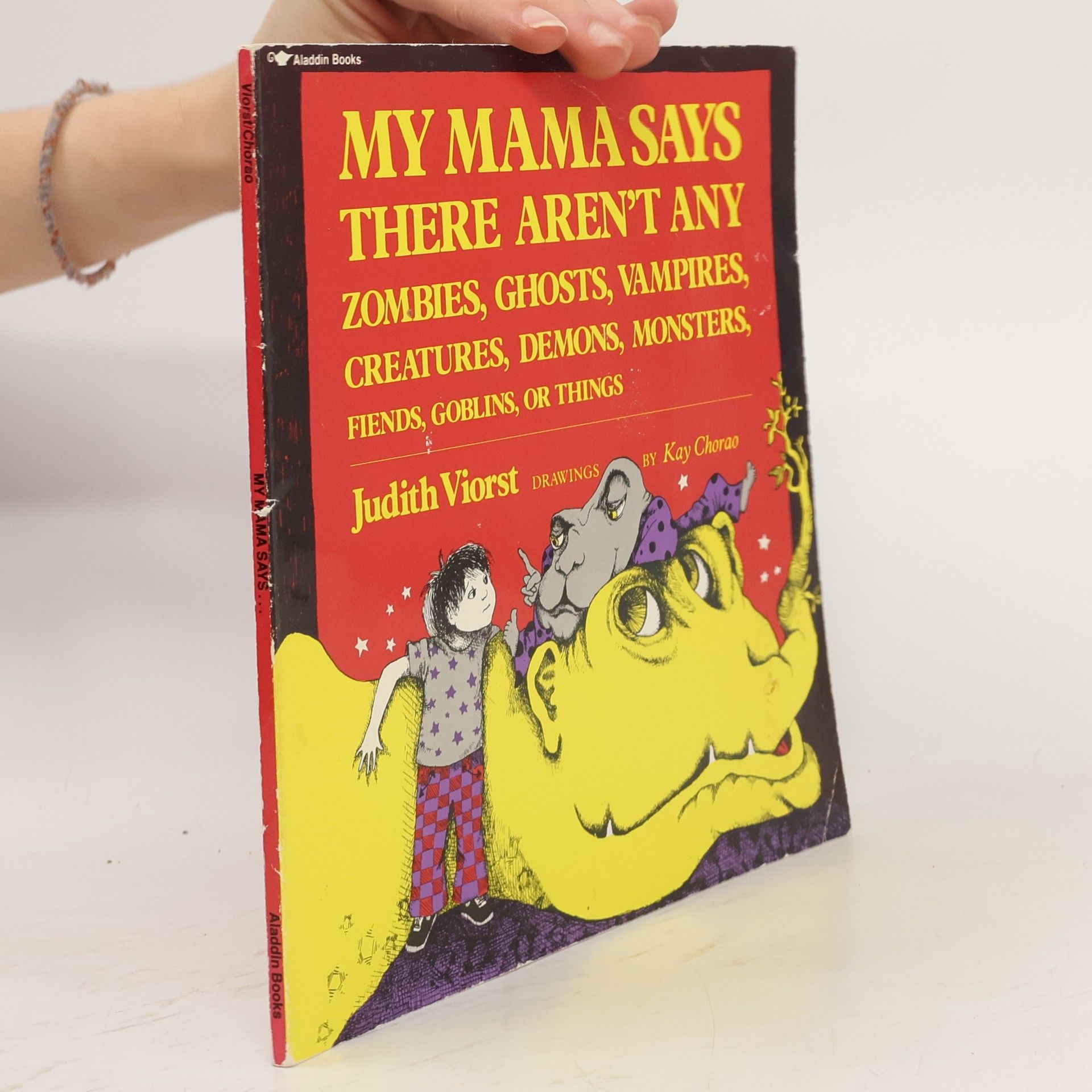
Przenikliwa, inspirująca i pożyteczna prawda o naszym życiu. Judith Viorst, korzystając z ogromnego doświadczenia życiowego, pisze z przenikliwym psychologicznym spojrzeniem i odrobiną humoru, przedstawiając prawdy o życiu. Uświadamia, że nawet z najtrudniejszej sytuacji można wyjść obronną ręką. Musimy się wyrzec miłości, złudzeń, zależności i niemożliwych do spełnienia oczekiwań, aby móc wzrastać. Zrozumienie, jak strata ukształtowała nasze życie, może stać się początkiem mądrej i rodzącej nadzieję zmiany. Akceptacja tego, co nieuniknione, wzmacnia nas emocjonalnie i psychicznie. Jak tego dokonać? Niedoskonała kontrola to walka o władzę w różnych rolach życiowych. Ważne jest określenie granic i możliwości naszych działań oraz nauczenie się, kiedy warto odpuścić. Małżeństwo dla zaawansowanych to klucz do udanego związku, który wymaga czasu i zrozumienia. Godząc się z rozczarowaniami i zawiłościami codziennych relacji, możemy stworzyć lepszą relację z samym sobą i innymi. Judith Viorst to amerykańska pisarka i dziennikarka, autorka bestsellerów oraz książek dla dzieci, absolwentka Waszyngtońskiego Instytutu Psychoanalizy i Uniwersytetu Rutgersa.
150 Science Experiments Step-by-step
- 196 pages
- 7 hours of reading
Selected for its cultural significance, this work contributes to the foundational knowledge of civilization. Its scholarly recognition underscores its importance in understanding historical and societal contexts, making it a valuable resource for those interested in the evolution of human thought and culture.
Set against a backdrop of societal change, this book delves into the complexities of human relationships and personal identity. It explores themes of love, loss, and the quest for meaning, capturing the struggles of its characters as they navigate their intertwined lives. The narrative is rich with emotional depth, offering readers a poignant reflection on the human experience during a transformative era. Through its compelling storytelling, the book invites readers to ponder the impact of history on individual lives.
Przenikliwa, inspirująca i pożyteczna prawda o naszym życiu. Judith Viorst, korzystając z ogromnego doświadczenia życiowego, pisze z przenikliwym psychologicznym spojrzeniem i odrobiną humoru, przedstawiając prawdy o życiu. Uświadamia, że nawet z najtrudniejszych sytuacji można wyjść obronną ręką. Kluczowe jest to, co musimy utracić: miłość, złudzenia, zależności oraz niemożliwe do spełnienia oczekiwania. Uświadomienie sobie, jak strata kształtuje nasze życie, może być początkiem mądrej i rodzącej nadzieję zmiany. Akceptacja nieuniknionego wzmacnia nas emocjonalnie i psychicznie. Jak to osiągnąć? Poprzez niedoskonałą kontrolę, w której walczymy o władzę w różnych rolach – jako dzieci, rodzice, partnerzy czy pracownicy. Warto określić granice naszych działań i nauczyć się, kiedy „odpuścić”. Dojrzewanie w związkach wymaga czasu i jest trudne, ale stanowi motor rozwoju. Zrozumienie rozczarowań i zawirowań codziennych relacji pozwala stworzyć lepszą relację z samym sobą i innymi. To istotne dla naszego osobistego wzrostu i satysfakcji w życiu.
Małżeństwo to związek, w który wchodzi niewielu dorosłych w pełni dojrzałych. Proces dojrzewania jest trudny, a dla niektórych wręcz nieosiągalny. Mimo to, małżeństwo, choć bywa irytujące, może stać się motorem naszego rozwoju. Akceptując rozczarowania i zawirowania codziennego życia, można zbudować dojrzałe małżeństwo. Autorka, znana z bestsellerowej książki, oferuje empatyczne i pełne humoru spojrzenie na radości oraz troski związane z dojrzałym małżeństwem. Poprzez wywiady z parami na różnych etapach związku, historie pacjentów oraz refleksje na temat własnego małżeństwa, przedstawia problemy, z którymi zmagają się pary od momentu „tak” aż po „dopóki śmierć nas nie rozłączy”. Autorka obala mity dotyczące rywalizacji, zwyczajów, seksu, sporów oraz wpływu dzieci na małżeństwo. Książka jest skierowana do małżonków, którzy pragną pozostać razem mimo trudności. Zawiera mądrości zarówno dla nowożeńców, jak i dla doświadczonych par, które rozumieją, że małżeństwo nie zawsze jest łatwe, ale warto przez nie przejść wspólnie. Judith Viorst to amerykańska pisarka i dziennikarka, autorka książek dla dzieci i dorosłych, a także tomików wierszy.
Kontrola, z wieloma znaczeniami i skojarzeniami, wywołuje silne emocje. Dotyczy kluczowych kwestii, takich jak siła, poczucie bezradności, wolność, ograniczenia, podmiotowość oraz zmagania o pozycję szefa. Odzwierciedla postrzeganie siebie jako osoby, która bierze, co jej należy, lub jako kogoś, kto musi zadowolić się tym, co dostaje. Judith Viorst bada, czy mamy wystarczającą kontrolę, by kształtować swoje życie i radzić sobie samodzielnie. Zadaje pytania o kontrolę nad seksualnością, relacjami małżeńskimi, zawodowymi, a także nad dorosłymi dziećmi i śmiercią. Autorka, pisząc z psychologicznym wnikliwością i charakterystycznym humorem, zachęca do określenia granic naszej kontroli oraz pokazuje, jak kształtować życie poprzez działania i wybory. Przypomina również, że czasem warto odpuścić i podpowiada, jak to zrobić. Viorst jest amerykańską pisarką i dziennikarką, autorką książek dla dzieci i dorosłych oraz tomików wierszy. Ukończyła Waszyngtoński Instytut Psychoanalizy i Uniwersytet Rutgersa. Jej książka z 1986 roku przez prawie dwa lata była na liście bestsellerów The New York Timesa.
"Whether she's finding herself or finding a sitter, contemplating her sex life as she rubs hormone night cream on her face, or wrestling with the contradiction of falling in love with a man her parents would actually approve of, Viorst transforms the familiar events of daily life into poems that make you laugh with recognition. Here is the young single girl leaving her parents' home for life in the big city ("No I do not believe in free love/And yes I will be home for Sunday dinners"). Here is the aspiring bohemian with an expensive liberal arts education, getting coffee and taking dictation, "Hoping that someday someone will be impressed/With all I know." Here is that married woman, coping with motherhood ("The tricycles are cluttering my foyer/The Pop Tart crumbs are sprinkled on my soul") and fantasy affairs ("I could imagine cryptic conversations, clandestine martinis...and me explaining that long kisses clog my sinuses") and all-too-real family reunions ("Four aunts in pain taking pills/One cousin in analysis taking notes"). And here she is at mid-life, wondering whether a woman who used to wear a "Ban the Bomb" button can find happiness being a person with a set of fondue forks, a fish poacher, and a wok. Every step of the way, It's Hard to be Hip Over Thirty and Other Tragedies of Married Life demonstrates once and for all that no one understands American women coming of age like Judith Viorst." -- Amazon.com
Alexander, Who's Trying His Best to Be the Best Boy Ever
- 40 pages
- 2 hours of reading
In a comedic twist, Alexander resolves to be the best boy ever after facing the repercussions of devouring a whole box of doughnuts. This story explores themes of responsibility and the humorous challenges of trying to be perfect, serving as a delightful companion to the beloved classic. With vibrant illustrations, it captures the ups and downs of childhood in a fun and relatable way.
Distacchi
Gli affetti, le illusioni, i legami e i sogni impossibili a cui tutti noi dobbiamo rinunciare per crescere
- 432 pages
- 16 hours of reading
Quando pensiamo al distacco intendiamo in genere la perdita di una persona amata. In realtà il tema è assai più vasto e complesso e coinvolge l'intero corso della nostra vita. Perché la perdita non avviene solo attraverso l'abbandono, ma pure rinunciando ai sogni romantici, alle aspirazioni impossibili che investono tutti i rapporti umani o vedendo trasformarsi, con il passare degli anni, il nostro io giovanile e le sue pretese di invulnerabilità. Una sintesi di psicoanalisi, letteratura ed esperienza personale e professionale dell'autrice, la quale sa indicare con chiarezza e sensibilità gli strappi dolorosi, ma necessari che dobbiamo affrontare per poter crescere e confrontarci con la realtà.
